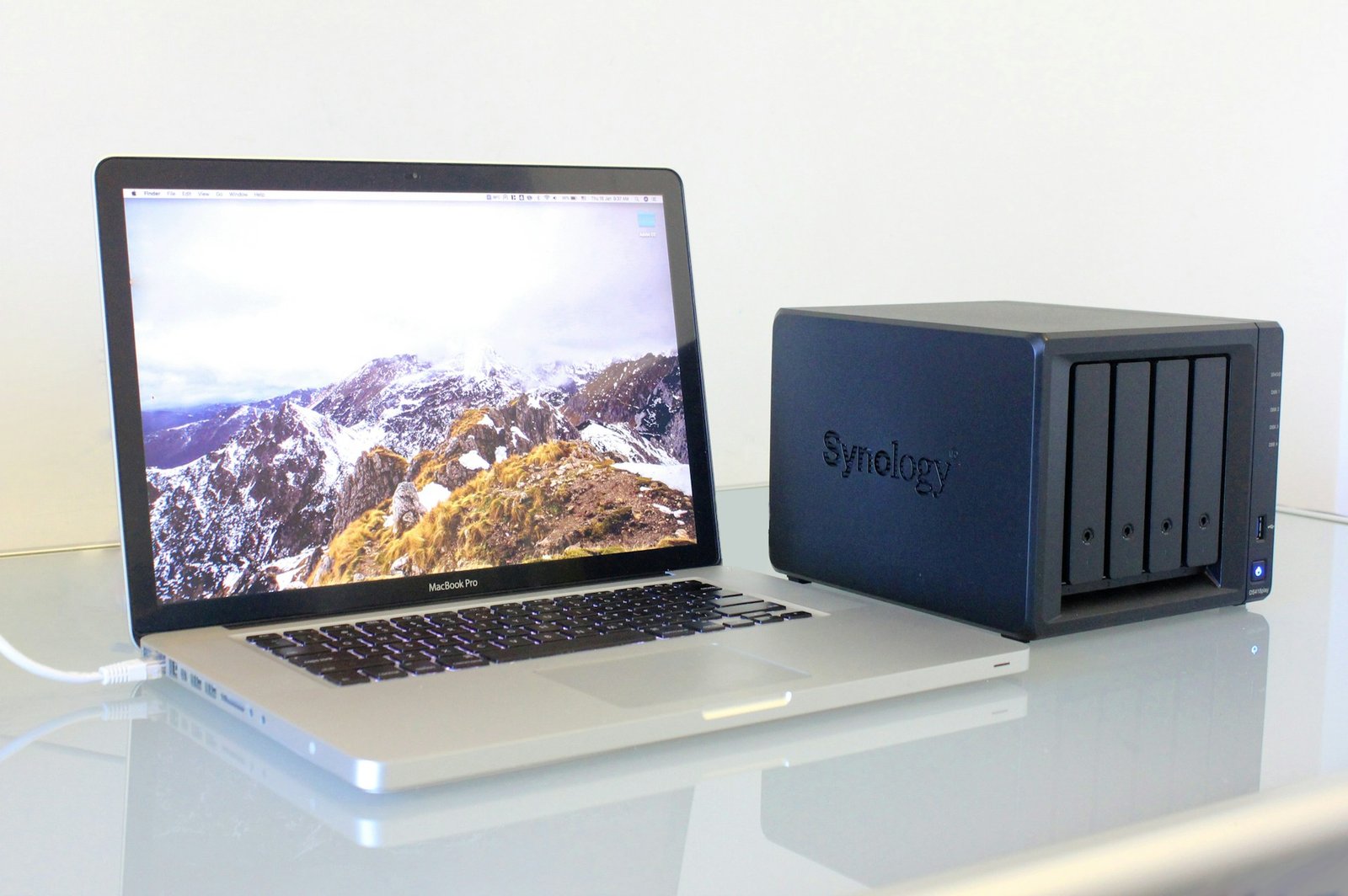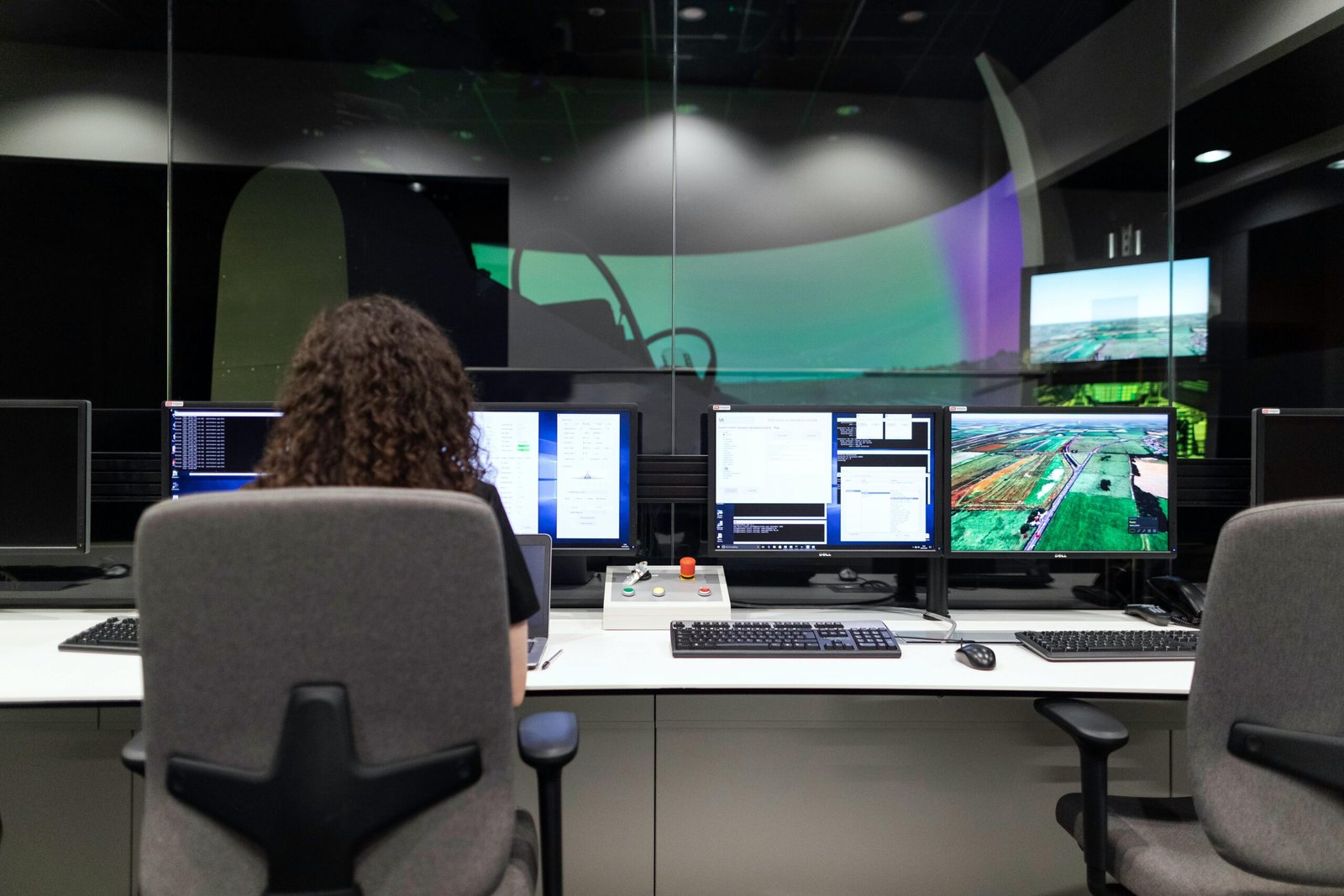I might be in the minority here, but there were periods in my life when I naively assumed: “Oh, Windows has this ‘Defender’ thing? Sweet, I’m all set.”. Or “macOS, or linux” cannot be infected. All three false.
Go figure what a great thinking, after in my younger days i found more about computers by infecting them(using floppy disks and CD’s) than with anything else. What a better thrill to have than when you see your beloved pc slow down or that it has became an ad-filled environment full of infections.
I had a collection of test CDs, knowing which ones had viruses and which were clean. I still have them archived away, maybe I should investigate and do some malware archaeology sometime in the future.
After breaking so many operating systems back in the day, I felt like I’d developed an immunity to viruses. Knowing how to protect myself and constantly testing new antiviruses just to see what was cutting-edge: their heuristic scans, their user interface.
Ask me 15 years ago, and I’d tell you: the best firewall? ZoneAlarm. Best antivirus? Bitdefender. Guilty pleasure antivirus? Avast. The weird one? Avira.
Years passed, and I started relying solely on the free options, ZoneAlarm Firewall, then Avast, then just Windows Defender. Without being infected (so far), but my internet browsing habits were always on the “cleaner” side. So year after year, the guard went down, still with clean habits, but starting to think, “maybe antivirus not needed anymore.”
But, in the last couple of years, the more I rabbit-holed into the cybersecurity world, the more paranoid I became. Keyloggers, Trojans, Adware, Ransomware… stop it!
My train of thoughts, and activities:
I need antivirus on every device especially laptops, smartphones.
I need a firewall on the router.
I need a backup NAS for everything.
I need monitoring on the router.
Every family member needs protection too.
To be fair, paranoid or not, it makes sense for each household to have some layers of security, and backup in case the worse happens. Randsomware, or just a failed HDD / SSD.
So why do we still need antivirus and firewalls?
Excluding my bipolar paranoid – chill – paranoid pattern, overall the cybesecurity real has became a sophisticated ground for attacks. The landscape evolves constantly while at the same time previous vulnerabilities or older malware can still do damage to unprotected or older systems.
The thread scaled constantly and reacting in 2024 to all time heights in terms of cyber attacks.
Do we need them? We can work without them, but we do need multiple layers of protection, and just so it happens, they provide A LOT of protection.
Everything right about security is having multiple layers of protection
Just don’t apply the same principle with condoms.
Just like securing an app or a device, we can’t assume the operating system is invulnerable. Vulnerabilities and zero-day attacks are popping up more than ever. Having that antivirus, constantly scanning and monitoring, is something we’ve all (myself included) taken for granted in recent years.
Continuous behavior analysis
These software tools are pushing boundaries with heuristic analysis and pattern recognition. They’re not foolproof, but when they catch something, their weight is worth in gold. Protection against ransomware alone is a massive benefit we shouldn’t underestimate.
Phishing, our underestimated mightiest enemy
Many antivirus suites offer email scanning and web protection that can help when someone tries to open something malicious links, by mistake or just by being tired. It’s tough to block every phishing site especially in real-time, but it’s still a valuable layer of defense that will help more than be an inconvenience, when it blocks a regular safe website.
Firewall, yet another layer of protection
Seen as more external than antivirus, firewalls does a lot to help with network security and incoming traffic evaluation. It’s not 100% protection, but combined with heuristic analysis, it’s a powerful tool.
Of course, you don’t have to go full-on security nerd like me, setting up a Raspberry Pi linked to your router for cybersecurity monitoring. You can just install a decent antivirus and firewall and call it a day.
VPNs Deserve a Mention
I know people say, “VPNs suck, they don’t offer real protection.” But they kind of do offer. For example, if you visit any non-HTTPS (or even HTTP, i will stop with the jokes) website without a VPN, anyone listening to the network can see everything you do on that site. A basic VPN encrypts those data packets, adding a necessary touch of privacy.
Final words, they are not 100% foolproof methods!
But from 0 to 98.5% is something. Number purely speculative.
I keep talking about layers of defense because each one helps mitigate a huge range of attacks. However, if you’re specifically targeted, things get trickier. That’s why I have my monitoring setup, and why I’m careful about which devices have access to my Wi-Fi.
I’m truly skeptical about exposing any non-essential device to the internet. A NAS can be accessed directly via the web, but that also makes it a target for attackers. The alternative? If you must expose something like a NAS, create a VPN network between it and your router. It’s more work than just clicking “open to internet,” but that’s the difference between good cybersecurity hygiene and hoping for the best.
So the answer is yes, and my recomendation is: BitDefender.
PS: unpaid post, because I have values, not because no one contacted me … Ok the latter.








Comments are closed.